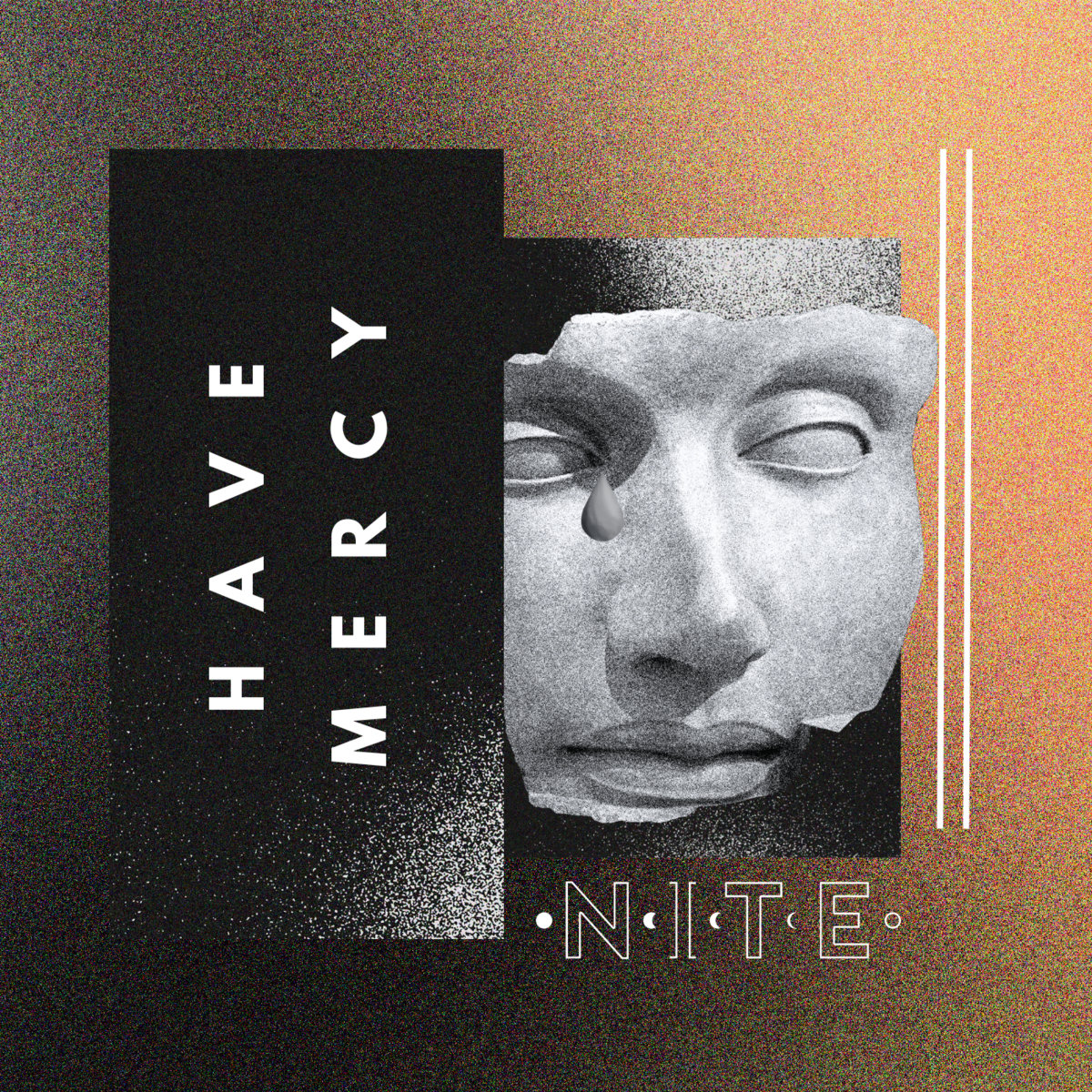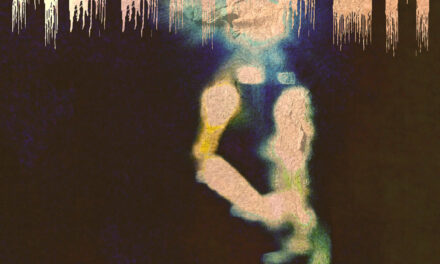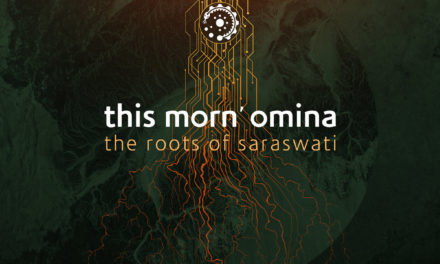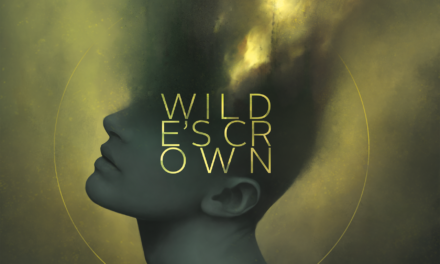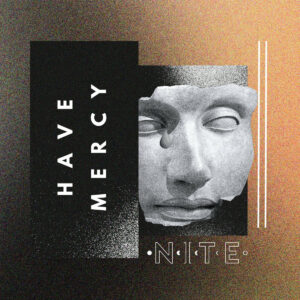
Nite
Have Mercy
self-released
Dallas’ Nite have a knack for writing hooks, a major advantage when working in the synthpop and new wave sounds they’ve been plying. Brothers Myles and Kyle Mendes have compiled their 2024 singles onto a single EP, one that conveniently shows off their artistic range. “Have Mercy” favours the moodier side of their sound, mixing both soft-spoken and sweetly sung vocals that fit nicely with the song’s fast moving bass and guitar sounds, the chorus immediately hummable after a single repetition. “All Your Pain” takes that track’s more lowkey elements and translates them into a much more grandiose vision of modern darkwave, clubbable thanks to its straight ahead 4/4 kick, but memorable because of the brightness with which its vocals stand out against its synths and guitars, the melodic bass solo putting it firmly over the top. “Price for Heaven” goes further into electronic territory, using synth bass a rhythmic chanting and yelling to create its groove; a standout composition thanks to its synth string break and sax solo, both lush and strident.
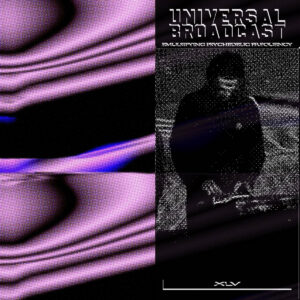
XLV
Full Contact
Universal Broadcast Network
Andrew Dobbels’ XLV project has gradually become more focused and minimalist over the last few years, honing in on a style of rhythmic noise that focuses on tight loops with a balance of clear, percussive kicks and crawling feedback. But as the very brief Full Contact EP points out, that sort of focus and minimalism doesn’t have to be equated with low-fi powernoise nostalgia nor monochrome tracks with no dynamism or range. The rising wash of feedback of the brief introductory title track sets up the advancing kicks and retreating, sputtering waves of “Are You Going With Us” to offer a wide range of movement in its tight frame. Closer “Wave Target” feels like a speed run of Klinik’s classic “Slow Death”, but with fine production attention paid to the feedback which introduces it, the micro-pulses underscoring it, and the metallic timbre of its core beat. Full Contact is a brief affair – the digital release barely touches the ten minute mark – but that’s a big part of what makes it work. Without relying on the lengthy rhythmic hypnosis which a lot of stuff in the genre trades in, Dobbels keeps the idiosyncratic stutter and scrape of each of his miniature engines in the spotlight.

